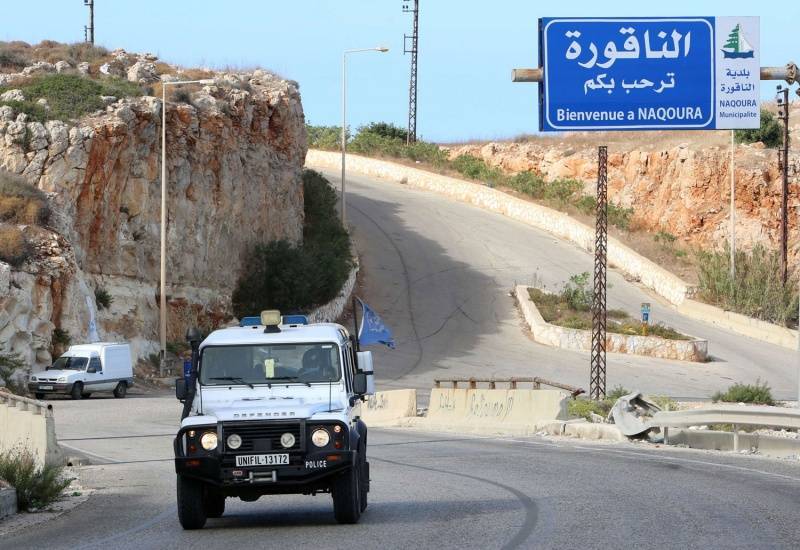The "Asharq Al-Awsat" newspaper reported that Lebanon has called on the United States to continue its mediation efforts to complete negotiations on maritime border demarcation with Israel, based on observations made by the Lebanese technical committee regarding the proposal presented by US mediator Amos Hochstein. According to the "framework agreement," line 23 is the starting point for border demarcation negotiations, not a final line.
In recent days, the Lebanese technical committee met to discuss Hochstein's proposal, which involves dividing the disputed area in a way that does not allow Lebanon to obtain the entire area it considers its legal right, amounting to 860 square kilometers in its southern borders.
Lebanon has not provided a definitive answer to accept or reject the US offer, leaving the matter to negotiations and requesting the continuation of discussions and feedback regarding the US proposal.
Lebanese President Michel Aoun chaired a meeting at Baabda Palace yesterday, attended by Speaker of Parliament Nabih Berri and Prime Minister Najib Mikati, to consider the proposal delivered by Hochstein for demarcating the southern maritime borders. The results of the technical committee's findings, which studied Hochstein’s proposal consisting of representatives from the presidency and government, the military (Hydrographic Department), and the Petroleum Sector Management Authority, were presented during the meeting.
The attendees raised observations and inquiries regarding the proposal to reach a unified position that ensures Lebanon's rights and full sovereignty over its maritime borders. The Lebanese presidency stated in a statement that "following the discussion, it was decided to invite the United States to continue its efforts to complete negotiations on maritime border demarcation, according to the framework agreement that preserves Lebanon's supreme interest and stability in the region."
The attendees emphasized that this file is a purely national one and must remain free from disputes and unfounded political posturing. Ministerial sources familiar with the presidential palace meeting told "Asharq Al-Awsat" that there are observations regarding Hochstein's proposition, leading to the formation of a technical committee that compiled and discussed the remarks, which were conveyed to Presidents Aoun, Berri, and Mikati. The presidents concluded that it is more appropriate to continue negotiations regarding the US proposal.
The sources indicated that Hochstein’s proposal was presented "for Lebanese authorities to discuss and express their opinions on," stressing that Hochstein's proposition "needs clarifications and modifications." They explained that "there are points that require in-depth study and clarification of details." In light of this, "the three presidents directed the US mediator to call for a meeting of the Lebanese and Israeli committees for negotiations, based on which remarks would be discussed according to the framework agreement."
The sources reiterated that the framework agreement considers line 23 as the starting point for discussions, not a final line, according to Lebanese observations and studies.
Lebanese Parliament Speaker Nabih Berri announced at the beginning of October 2020 a non-final framework agreement, which serves as the fundamental basis for guiding the Lebanese negotiation process regarding the demarcation of land and maritime borders in the south with Israel, overseen by the Lebanese army, the president, and the government. Meetings began on October 14 and four rounds were held before negotiations halted when Lebanon raised a negotiation line to point 29, which means the disputed area expanded to 2,290 square kilometers, a claim opposed by Israel. Subsequently, indirect negotiations at the United Nations headquarters in Naqoura ceased before resuming in a new format, which involved shuttle diplomacy last fall.
Lebanese opinions are now divided regarding their rights in the disputed maritime area. While some believe Lebanon's right lies at point 23, others assert it is at point 29, noting that the negotiating delegation viewed this point as a "negotiation point" rather than a "final line."




